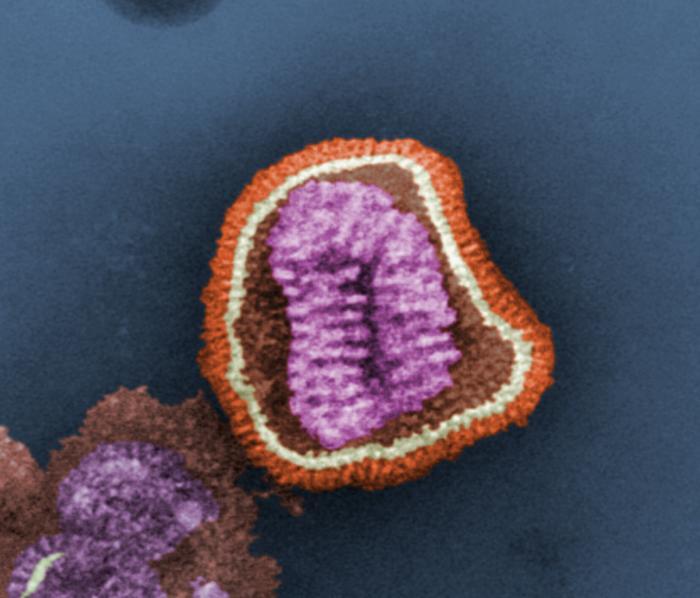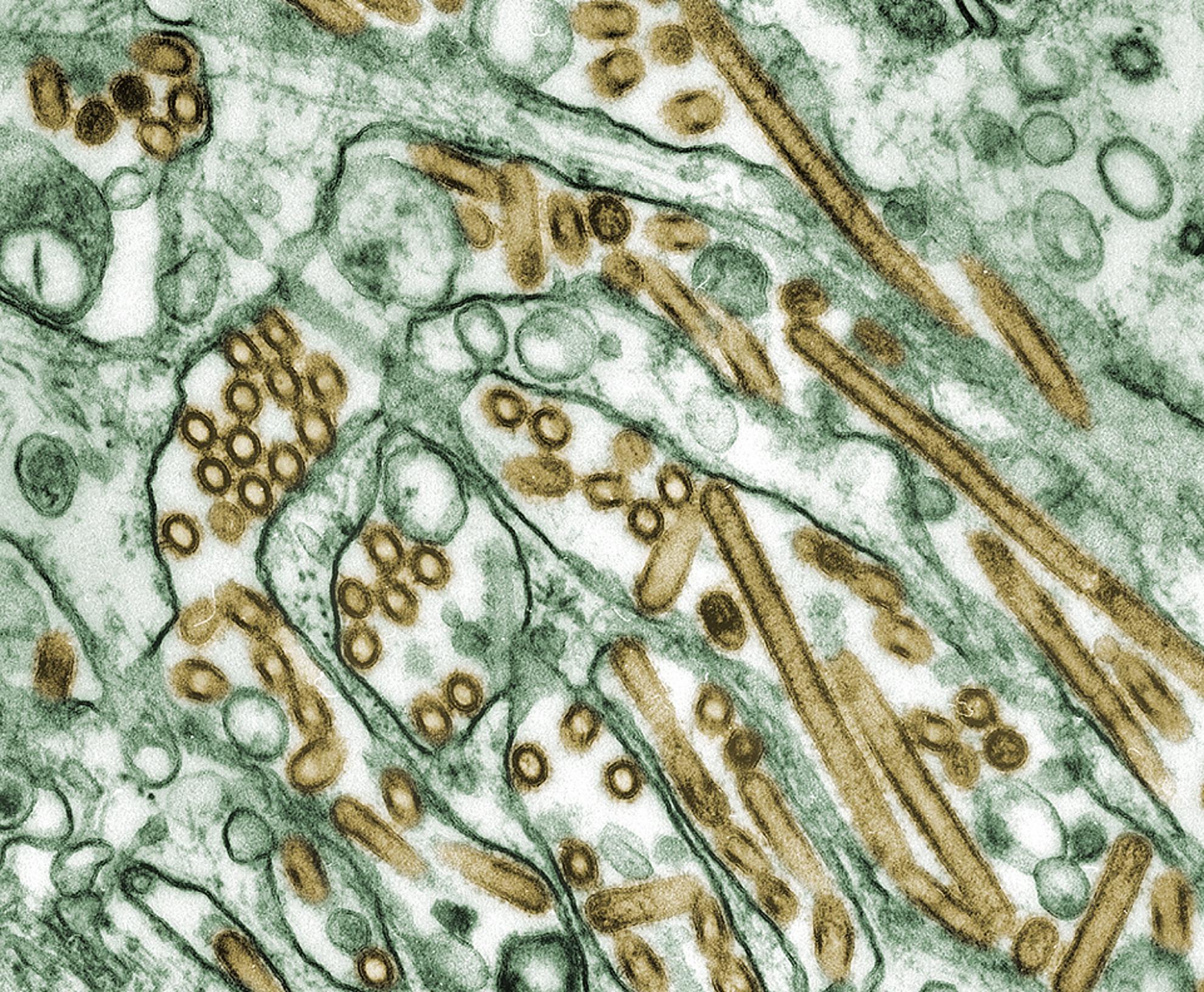Induction of antiviral responses against avian influenza virus in embryonated chicken eggs with Toll-like receptor ligands
Early responses against viruses, such as avian influenza virus (AIV), may be induced by Toll-like receptor (TLR) pathways. In the present study, an in ovo model was employed to study the antiviral activities of TLR ligands. It was hypothesized that administration of TLR ligands in ovo at the appropriate dose and time can reduce AIV titer in embryonated chicken eggs. Moreover, the study aimed to determine the mechanisms involved in the TLR-mediated antiviral responses in the chorioallantoic membrane (CAM). Embryonated eggs (10-14 day old) were treated with TLR2, 4, 7, and 21 ligands using different doses and times pre- and post-AIV infection. The results revealed that treatment of embryonated chicken eggs with TLR ligands reduced AIV replication. Further analysis showed that TLR ligands induced interferon (IFN)-gamma and IFN stimulatory genes in the CAM, which may have played a role in the reduction of the AIV titer. The timing and dose of TLR ligands administration had significant impacts on the outcome of the treated eggs. In conclusion, the present study demonstrated that the in ovo route may be employed to determine the antiviral characteristics of TLR ligands against AIV.
Back to publications

